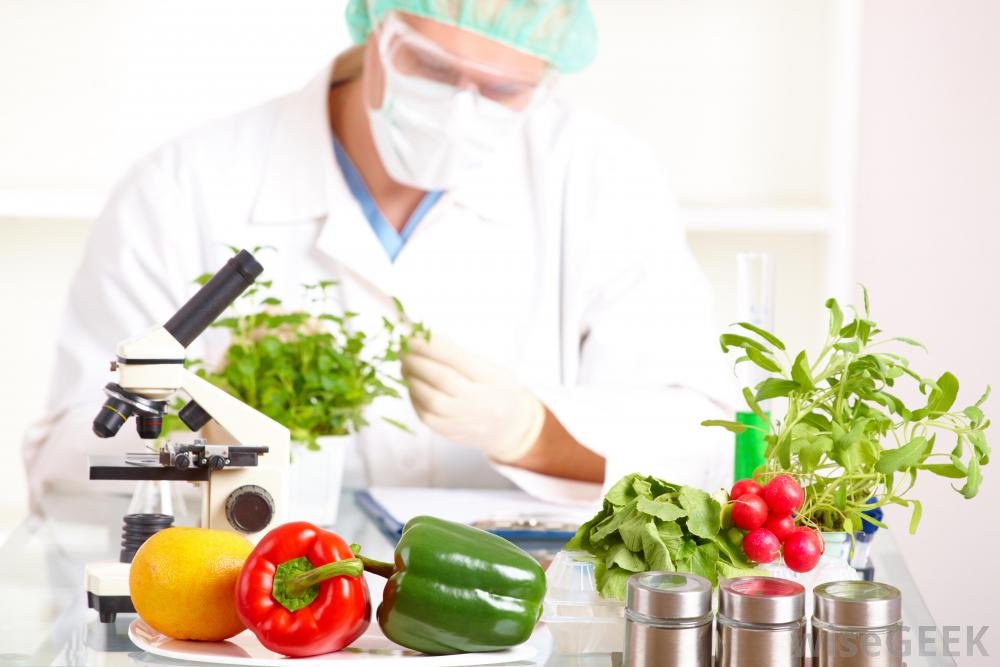Friday, 27 February 2026
Scientists use bacteria for fortifying food with riboflavin
Lactobacilli is an ideal candidate for riboflavin-fortification of foods. Although found in various foods like eggs, green vegetables, milk and meat, there are numerous cases of riboflavin or vitamin B2…

Lactobacilli is an ideal candidate for riboflavin-fortification of foods.
Although found in various foods like eggs, green vegetables, milk and meat, there are numerous cases of riboflavin or vitamin B2 deficiency occurring on a regular basis. To help solve this, scientists have been looking for ways to supplement the intake of this vitamin through fortified and bio-enriched foods like milk, bread and whey.
Several bacteria are known to produce riboflavin, but among these, lactic acid bacteria or lactobacilli is an ideal candidate for riboflavin-fortification of foods, primarily because fermentation of Lactobacilli is already an embedded step in the production of various food products that we regularly use.
Now, scientists at National Dairy Research Institute, Karnal, and Hefei University of Technology, China have investigated the influence of incubation time, growth medium and the use of different strains of lactobacilli on the expression of the riboflavin (Rib) genes, which are responsible for riboflavin biosynthesis in these bacteria.
The researchers isolated wild type strains of lactobacilli from various niches like human faeces, fermented bamboo shoots, and curd, and found that lactobacilli isolated from fermented bamboo shoots exhibited the highest riboflavin producing properties. Their study also revealed for the first time ever, the mRNA expression profile of four bacterial Riboflavin (Rib) genes, in different growth mediums like milk, whey and riboflavin-free media.
They further propose that milk and whey can be used for development of riboflavin enriched fermented products, as well as suggest the development of lactobacilli isolated from fermented bamboo shoots into functional bamboo shoot foods. Such interventions could lead to foods which are more enriched and fortified with riboflavin and could help prevent or treat riboflavin deficiencies in the future.
Technology
Ingredion Thailand Achieves 100% Sustainably Sourced Cassava
Feb 27, 2026 | Company News
Deakin University and Bellarine Foods Partner to Develop Sustainable Marine-Derived Proteins
Feb 26, 2026 | Australia
Royal Unveils Refreshed Jute Bag Design for 20lb Authentic Basmati
Feb 25, 2026 | Company News
Food Testing
Australian Medical Bodies Push for Compulsory Health Star Labelling
Feb 24, 2026 | Australia
Tim Hortons Singapore Secures Majlis Ugama Islam Singapura Halal Certification Ahead of Ramadan
Feb 23, 2026 | Company News
More Popular
Beyond Meat Broadens Portfolio Beyond Protein with Sparkling Plant-Based Drink Line
Feb 27, 2026 | Beverages
Prinova to Spotlight Nutrition Innovations at Natural Products Expo West 2026
Feb 27, 2026 | Company News
Ingredion Thailand Achieves 100% Sustainably Sourced Cassava
Feb 27, 2026 | Company News






